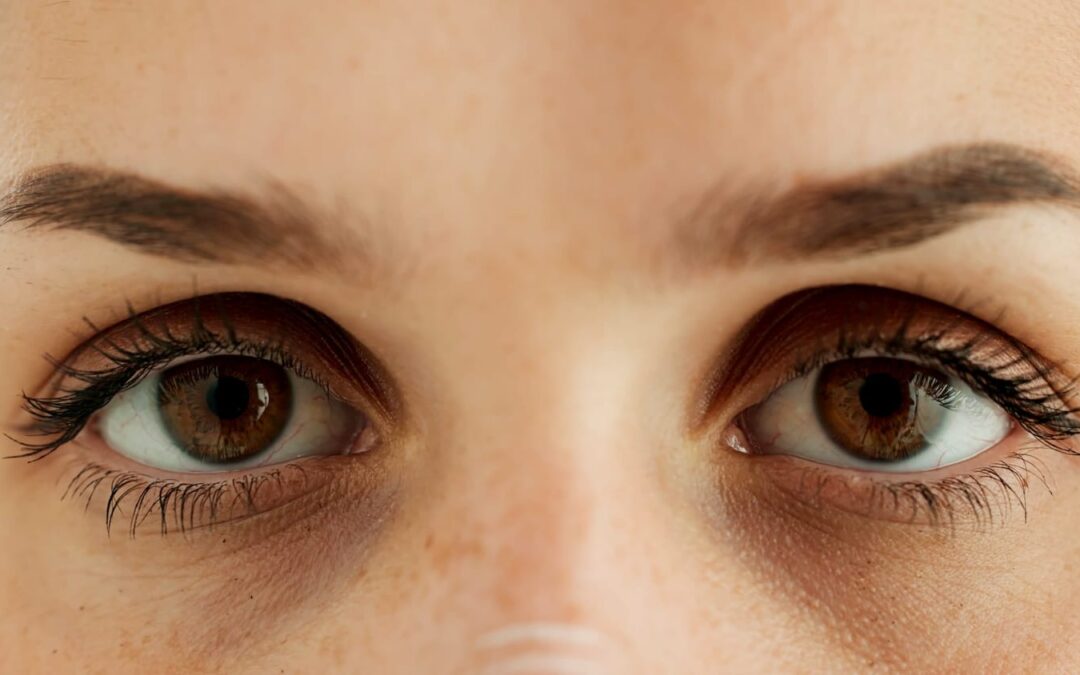Glaucoma is a term that often raises concern – and for good reason. As one of the leading causes of blindness worldwide, this eye condition requires attention and proactive care. But what is glaucoma, and how can a holistic approach help in managing its symptoms?
What is Glaucoma?
Glaucoma is a group of eye diseases that damage the optic nerve, often due to increased pressure within the eye, also known as intraocular pressure (IOP). The optic nerve is crucial for transmitting visual information from the eye to the brain, making its health essential for clear vision. There are several types of glaucoma, but the most common forms are:
- Primary Open-Angle Glaucoma: This is the most prevalent form and develops gradually as the drainage system in the eye becomes less efficient.
- Angle-Closure Glaucoma: A more acute and less common type that occurs when the drainage angle is suddenly blocked.
- Normal-Tension Glaucoma: Despite normal eye pressure, damage to the optic nerve still occurs.
Without timely intervention, glaucoma can lead to irreversible vision loss.
Recognising the Symptoms
Glaucoma is often called the “silent thief of sight” because it typically progresses without noticeable symptoms in its early stages. However, as the condition advances, individuals may experience:
- Gradual loss of peripheral vision
- Blurred or tunnel vision
- Eye pain or redness (in cases of acute glaucoma)
- Halos around lights
- Nausea and vomiting (associated with acute angle-closure glaucoma)
Early detection through regular eye exams is essential, particularly for people over the age of 40 or those with a family history of glaucoma.
Causes and Risk Factors
The exact cause of glaucoma isn’t always clear, but several factors can contribute to its development:
- Elevated intraocular pressure: The primary risk factor in most cases
- Genetics: A family history of glaucoma increases the likelihood of developing the condition
- Medications: NSAIDS, prednisone, medications prescribed for depression and parkinson’s disease. These medications may cause pupil dilation, which can reduce the drainage angle for aqueous fluid
- Medical conditions: Diabetes, high blood pressure, and migraines have been linked to a higher risk
- Lifestyle factors: Prolonged screen time and poor posture may strain the eyes and contribute indirectly
Conventional Treatments for Glaucoma
Treatment for glaucoma generally focuses on lowering intraocular pressure to prevent further damage to the optic nerve. Common approaches include:
- Medications: Prescription eye drops or oral medications to reduce eye pressure
- Laser therapy: Improves drainage in the eye
- Surgery: Necessary in advanced cases to create new drainage channels
While these treatments can be effective, they often come with side effects and do not address underlying health imbalances.
A Holistic Approach to Glaucoma Management
Oxidative stress and free radicals may contribute to glaucoma by damaging the trabecular meshwork and retinal ganglion cells. Healthy optic nerve circulation and essential nutrients are vital for vision. Research shows that circulation to the optic nerve is poorer in glaucoma, especially in normal or low-tension cases. Beyond managing IOP, supporting optic nerve health with neuroprotective nutrients and antioxidants can help reduce oxidative stress, protect the trabecular meshwork, and improve circulation.At Eastern Therapies, we believe in addressing the whole person, not just the symptoms of a condition. While conventional treatments for glaucoma are essential to preserving vision, complementary natural health practices can often provide additional support to enhance overall wellbeing and eye health.
- For Circulation – Acupuncture: Studies suggest that acupuncture can improve blood flow to the eyes, helping to alleviate some symptoms associated with glaucoma.
- For optic nerve health: Coleus forskohlii, taurine, bilberry, grape seed extract, magnesium, folate, vitamins B6 and B12, N-acetyl-cysteine, alpha-lipoic acid, CoQ10, omega-3s, and vitamin C.
- For reduction in eye pressure: Coleus forskohlli, vitamin C, and alpha-lipoic acid.
- To increase antioxidants: NAC, vitamin E, COQ10Dietary Guidance: A nutrient-rich diet high in antioxidants, particularly vitamins A, C, and E, can help protect the optic nerve from oxidative stress. Green leafy vegetables, carrots, and beets are linked to a 30% reduction in glaucoma risk.
- Stress Management: Stress can contribute to elevated eye pressure – techniques such as acupuncture and mindfulness meditation may help regulate stress and promote relaxation.
- Herbal Medicine: Traditional Chinese Medicine (TCM) offers herbal formulas designed to enhance overall eye health and support the liver, which is believed to play a role in eye vitality.
Our team of experienced practitioners at Eastern Therapies specialises in integrating modern science with traditional Chinese medicine to create personalised care plans. Whether you’re looking to complement conventional glaucoma treatments or explore preventative measures, we are here to guide you with compassion and expertise.
Book an appointment online today
Glaucoma is a serious condition, but with a proactive and holistic approach, it’s possible to manage its progression and improve your quality of life. If you or a loved one are concerned about glaucoma or simply wish to enhance your eye health naturally, contact Eastern Therapies today – together, we can work towards preserving your vision and supporting your overall wellness.



